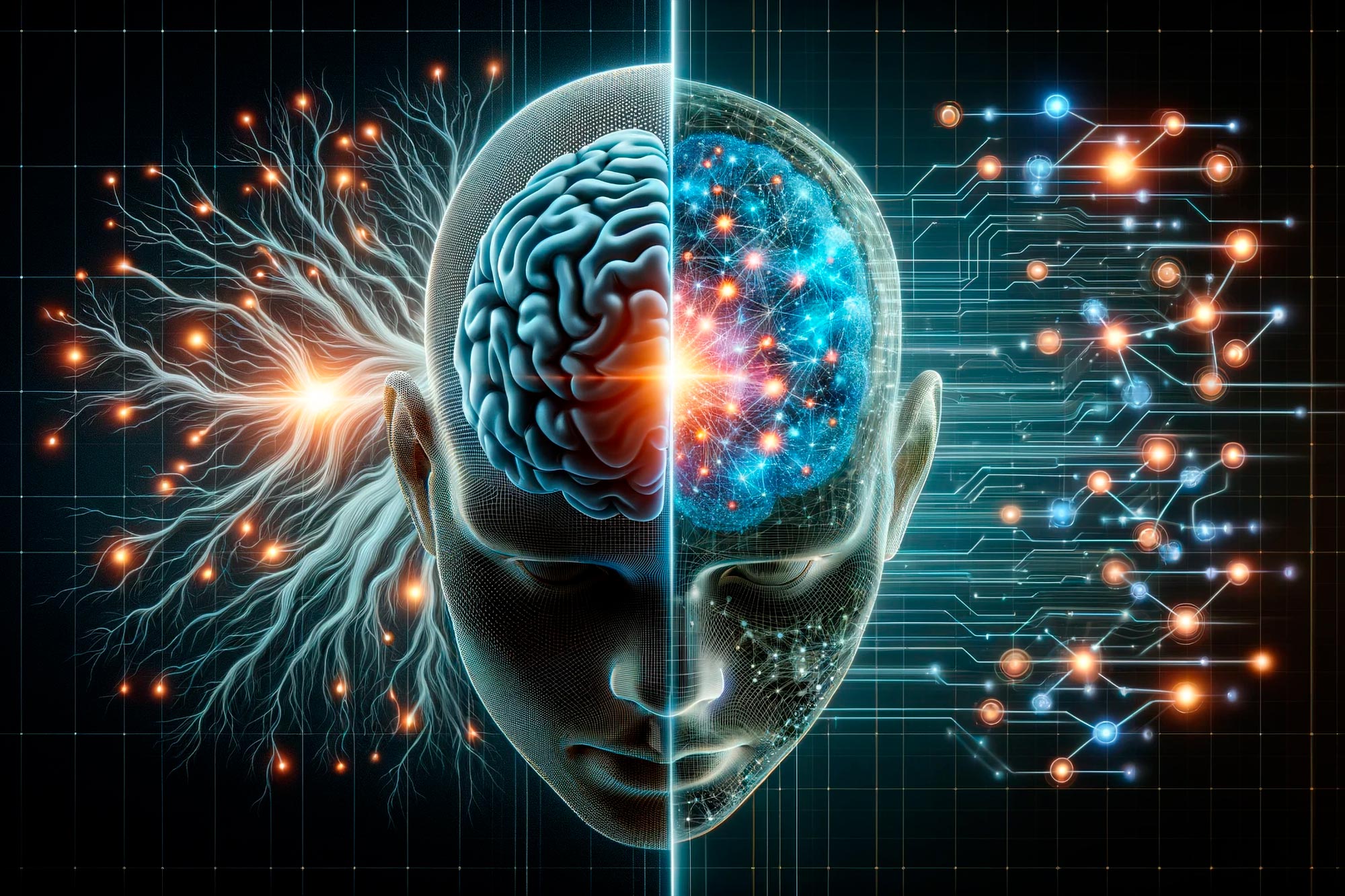
AI’s Breakthrough: Unlocking the Secrets of Human LanguageAI’s Breakthrough: Unlocking the Secrets of Human Language In an era marked by technological advancements, artificial intelligence (AI) has emerged as a transformative force, revolutionizing various domains. One of its most significant breakthroughs lies in the realm of human language, enabling computers to comprehend and interact with us in a natural way. Natural Language Processing (NLP) NLP, a subfield of AI, aims to bridge the gap between human and machine communication. By leveraging advanced algorithms, AI systems can analyze, understand, and generate human-like language. This remarkable capability empowers: – Text Summarization: AI can condense long texts into concise summaries, preserving the key ideas and context. – Machine Translation: AI can translate text between different languages accurately and fluently. – Chatbots and Virtual Assistants: AI-powered chatbots provide personalized customer service and information by simulating human conversations. Language Modeling and Prediction AI’s prowess extends beyond comprehension and generation, transitioning into predictive capabilities. Language modeling algorithms can learn from vast text corpora to predict the next words or phrases in a sequence, enabling: – Autocorrect and Suggestion: AI systems can suggest contextually relevant corrections for spelling and grammar errors. – Text Completion: AI can automatically generate coherent and grammatically correct text based on a given prompt. – Personalized Language Generation: AI can tailor language models to specific individuals or domains, producing customized responses and content. Unlocking Human Potential The breakthroughs in AI’s understanding of human language have profound implications for numerous industries and sectors. By automating language-related tasks, AI frees up human experts to focus on higher-value activities, such as: – Healthcare: AI can assist in diagnosing diseases, interpreting medical records, and providing personalized patient care. – Education: AI can personalize learning experiences, provide real-time feedback, and offer accessible educational resources. – Business: AI can analyze market data, generate reports, and enhance customer engagement through personalized communication. Ethical Considerations As with all technological advancements, AI for human language also presents ethical considerations. It is crucial to: – Protect Privacy: Ensure that AI systems respect user privacy and do not misuse language data for unintended purposes. – Prevent Bias: Mitigate against algorithmic bias that may result in unfair or inaccurate language understanding or generation. – Consider Social Impact: Acknowledge the potential societal impact of AI in shaping language norms and fostering inclusivity. Conclusion AI’s breakthrough in unlocking the secrets of human language is a testament to its transformative power. By enabling computers to comprehend and interact with us in a natural way, AI enhances human capabilities, solves complex problems, and unlocks new frontiers in technology and society. As we continue to harness the potential of AI for language understanding and generation, it is essential to consider the ethical implications and ensure that these advancements serve humanity for the greater good.
Posted inNews